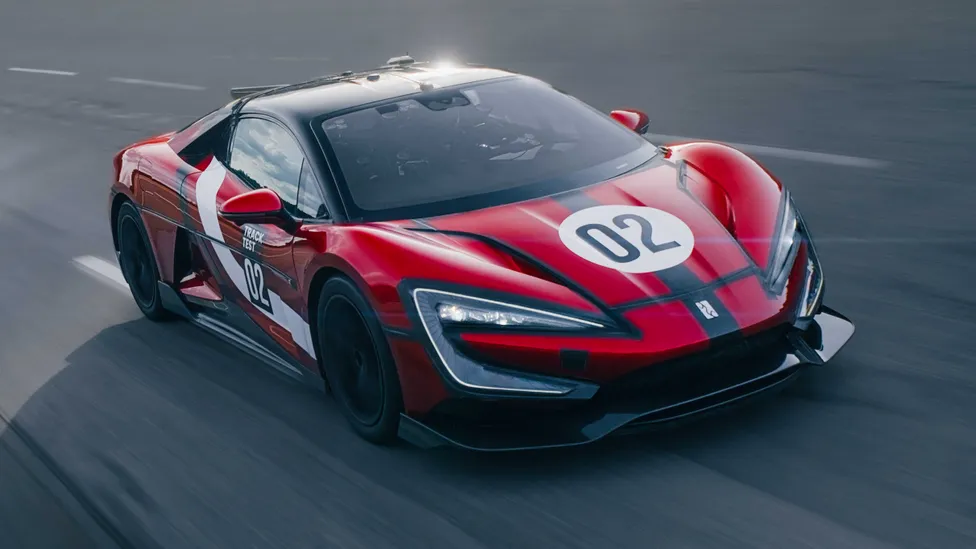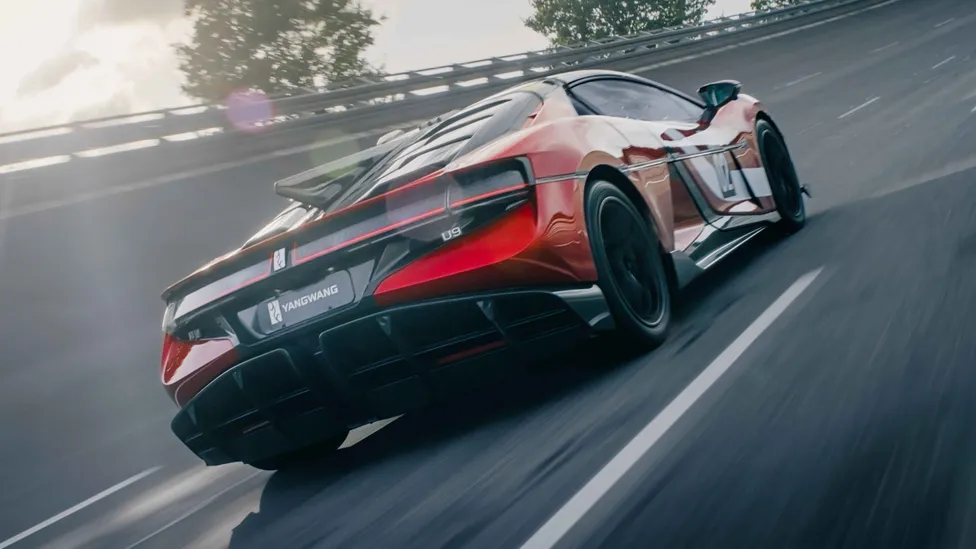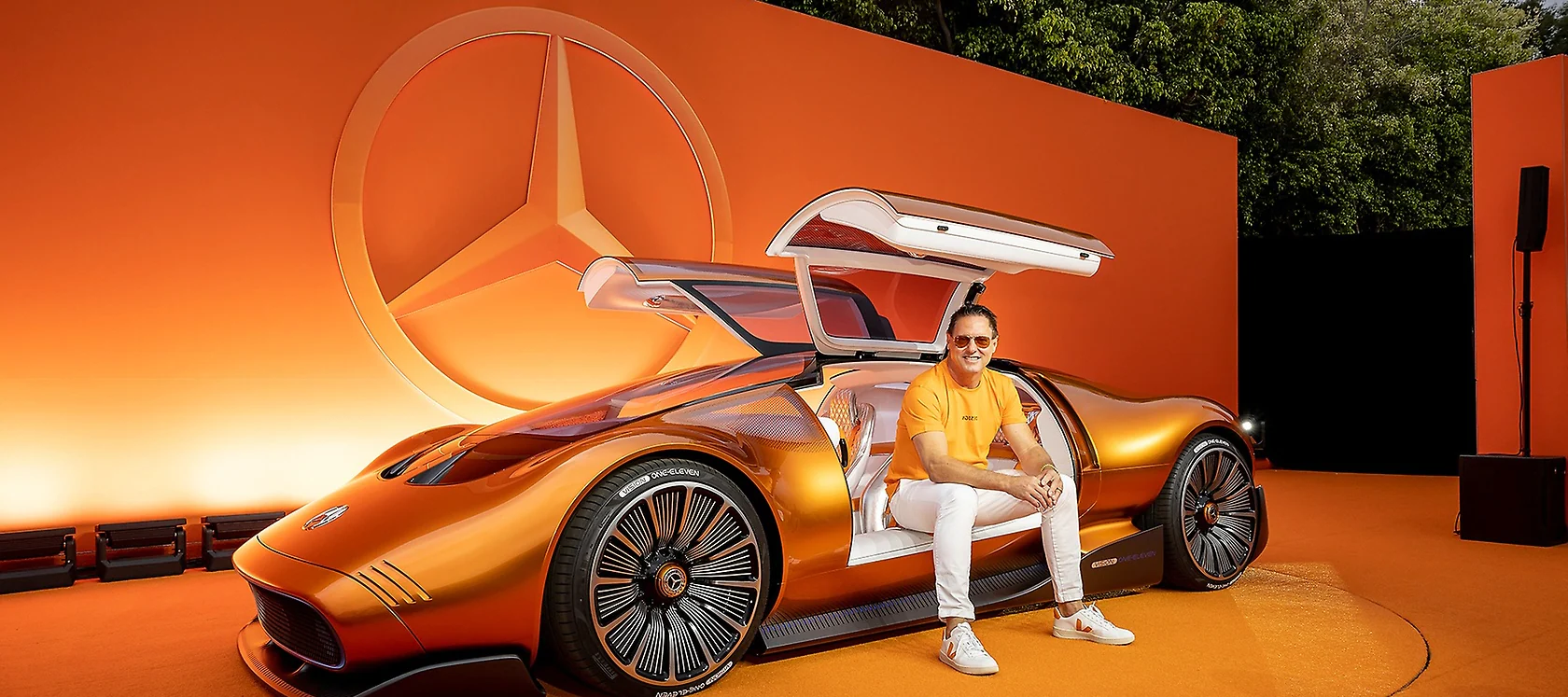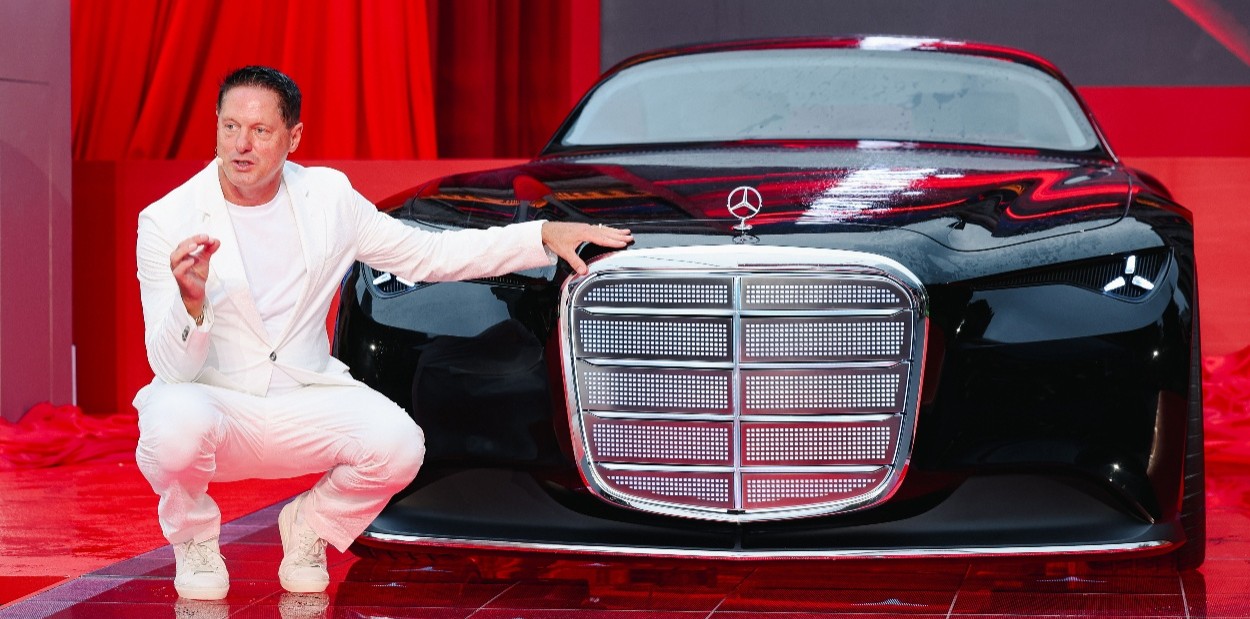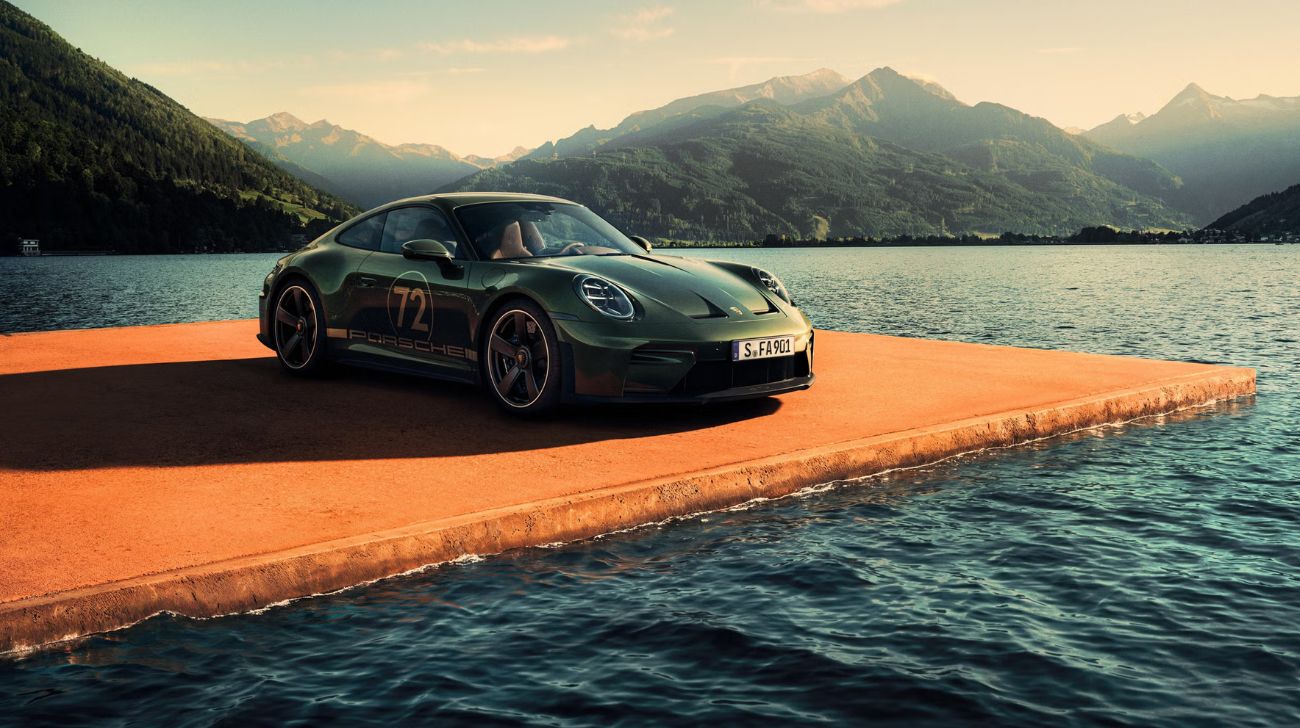The Yangwang U9 Xtreme, an all-electric hypercar developed by BYD, has officially claimed the title of the world’s fastest production car by reaching a jaw-dropping speed of 496.2kmph at the ATP Papenburg high-speed oval in Germany. With this extra ordinary feat, the U9 Xtreme overtakes the previous record set by the Bugatti Chiron Super Sport 300+, which managed 490.5kmph in 2019, and absolutely demolishes the former electric speed leaders like the Aspark Owl (438.7kmph) and Rimac Nevera (431.4kmph). German race driver Marc Basseng, who previously clocked 374.9kmph in the standard U9, piloted this run to join the ultra-exclusive 300mph (482kmph) club.
Under the hood — or rather, beneath the sleek shell — of the U9 Xtreme are four high-output electric motors that together generate a staggering 2978bhp, more than double the output of the regular model. Each motor spins at up to 30,000rpm and incorporates 0.1mm super-silicon steel, the thinnest used in mass production, for enhanced efficiency and reduced weight. What really sets the U9 Xtreme apart is its use of a 1200V ultra-high-voltage architecture, a first for a production vehicle, replacing the 800V system found in the standard version. This innovation allows for faster and more efficient power delivery while reducing heat generation by up to 67 per cent, a crucial factor during high-speed, high-stress performance. Complementing this system is BYD’s advanced Blade Battery, which offers a 170 per cent increase in energy density and a 30C discharge rate — ten times that of standard EV batteries — enabling it to safely sustain massive current flow at extreme outputs.
The car rides on staggered alloys 20-inch front of 21s at the rear shod with wider 325mm tyres at all four corners. Despite its upgrades, it maintains a kerb weight of just 2480kg, only slightly heavier than the base U9. Aerodynamics, battery efficiency, and cutting-edge materials all come together to create a machine that’s not only fast but impressively refined under pressure. Production will be strictly limited to 30 units worldwide, and while the price hasn’t been officially confirmed, it's expected to exceed the that of the standard U9 by a significant margin.

